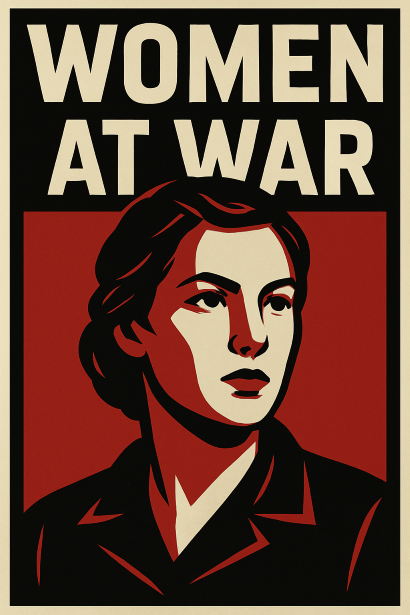Liberty Matters
The OLL brings people together to debate and discuss important texts and big ideas about liberty.

Women at War
By: Claudia Williamson Kramer, Jayme Lemke, Joshua D. Ammons, and Abigail R. Hall

By: Claudia Williamson Kramer, Jayme Lemke, Joshua D. Ammons, and Abigail R. Hall